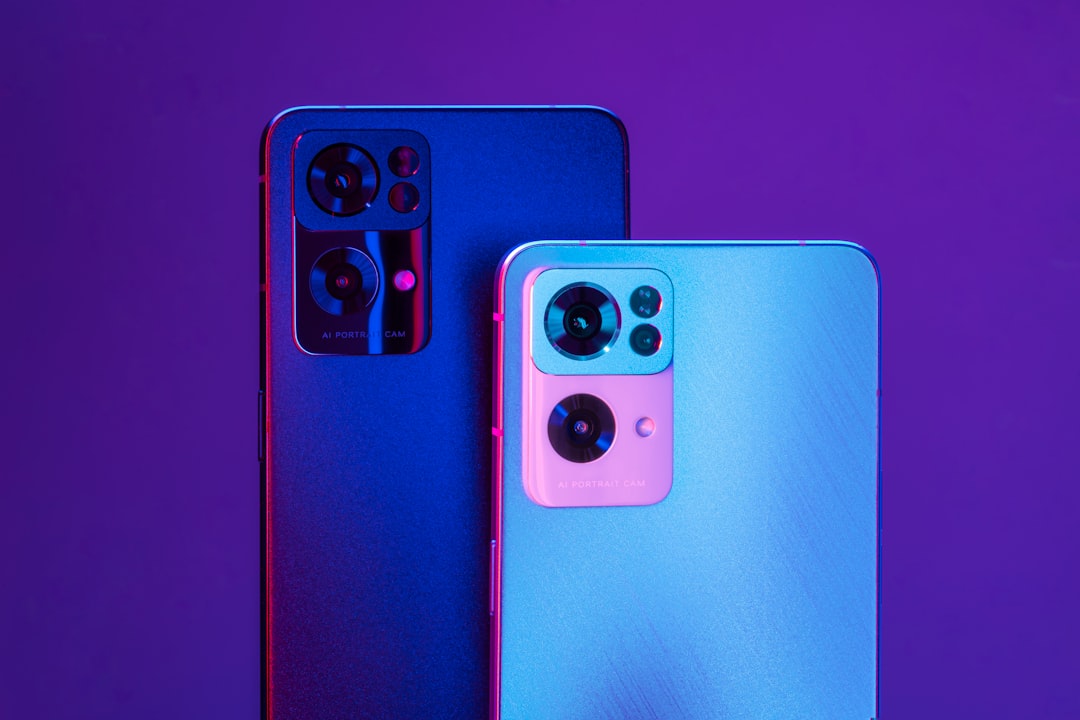Arkansas has stringent robocall laws overseen by the APSC to protect residents from unwanted automated calls. These regulations govern telecom carriers and call centers, ensuring explicit consent before dialing do-not-call numbers. Truecaller offers robust protection against these nuisance calls using advanced algorithms and community data to identify caller identities. Its integration into mobile experiences empowers Arkansans to manage communications, block spam, and make informed decisions about unknown callers, all while complying with the state's strict robocall laws.
“Arkansas residents now have a powerful tool to combat unwanted robocalls. Truecaller, a leading caller identification and blocking app, has expanded its services to display accurate caller names for numbers in Arkansas. With a comprehensive overview of the state’s robust robocall laws, this article explores how Truecaller is revolutionizing communication by providing transparent and protective measures for Arkansans. Discover how advanced Caller ID technology is enhancing the way we interact with unknown callers.”
Robocall Laws in Arkansas: A Comprehensive Overview

Arkansas has established comprehensive robocall laws to protect its residents from unwanted and deceptive calls, ensuring a more peaceful and safe communication environment. These laws are designed to regulate automated phone systems and prevent businesses from making prerecorded or artificial messages without prior consent. The state recognizes that excessive robocalls can lead to privacy invasions and fraud, impacting the overall well-being of citizens.
The Arkansas Public Service Commission (APSC) oversees these regulations, ensuring compliance among telecom carriers and call centers operating within the state. The APSC has implemented specific rules regarding do-not-call lists, requiring callers to obtain explicit permission before dialing numbers on such lists. Moreover, it mandates that businesses provide a clear opt-out mechanism during each call, allowing recipients to stop future communications easily. These measures empower Arkansans to control their communication preferences and safeguard against nuisance calls.
Truecaller and Its Role in Protecting Arkansans

Truecaller is a powerful tool that plays a significant role in protecting Arkansans from unwanted and fraudulent calls, especially in light of the prevalent robocall laws in Arkansas. By utilizing advanced algorithms and community-powered data, Truecaller displays caller identities, allowing users to distinguish between legitimate calls and potential scams. This feature is particularly useful in identifying unknown numbers, blocking spam, and preventing phishing attempts, thus safeguarding Arkansans from potential financial losses or privacy invasions.
In today’s digital age, where communication methods are constantly evolving, Truecaller offers a much-needed shield against malicious actors. By integrating itself into everyday mobile experiences, it fosters a sense of security among users, ensuring they can make informed decisions about their interactions with unknown callers. This simple yet effective solution empowers Arkansans to navigate the complexities of modern communication with enhanced awareness and peace of mind.
Enhancing Communication: Caller ID for Arkansas Numbers

Truecaller’s ability to display caller names for Arkansas numbers significantly enhances communication in the state, particularly in light of the strict robocall laws. By identifying unknown callers, residents can better assess whether to answer or let calls go to voicemail, reducing unwanted interactions and saving time. This feature is especially valuable given the prevalence of automated telemarketing calls, which often bypass traditional caller ID systems.
With Arkansas’ stringent regulations on robocalls, tools like Truecaller empower citizens to take control of their phone experiences. By providing clear and accurate caller information, it fosters a more transparent and user-friendly communication environment, ensuring that residents can engage with legitimate callers while avoiding potential scams or nuisance calls.






